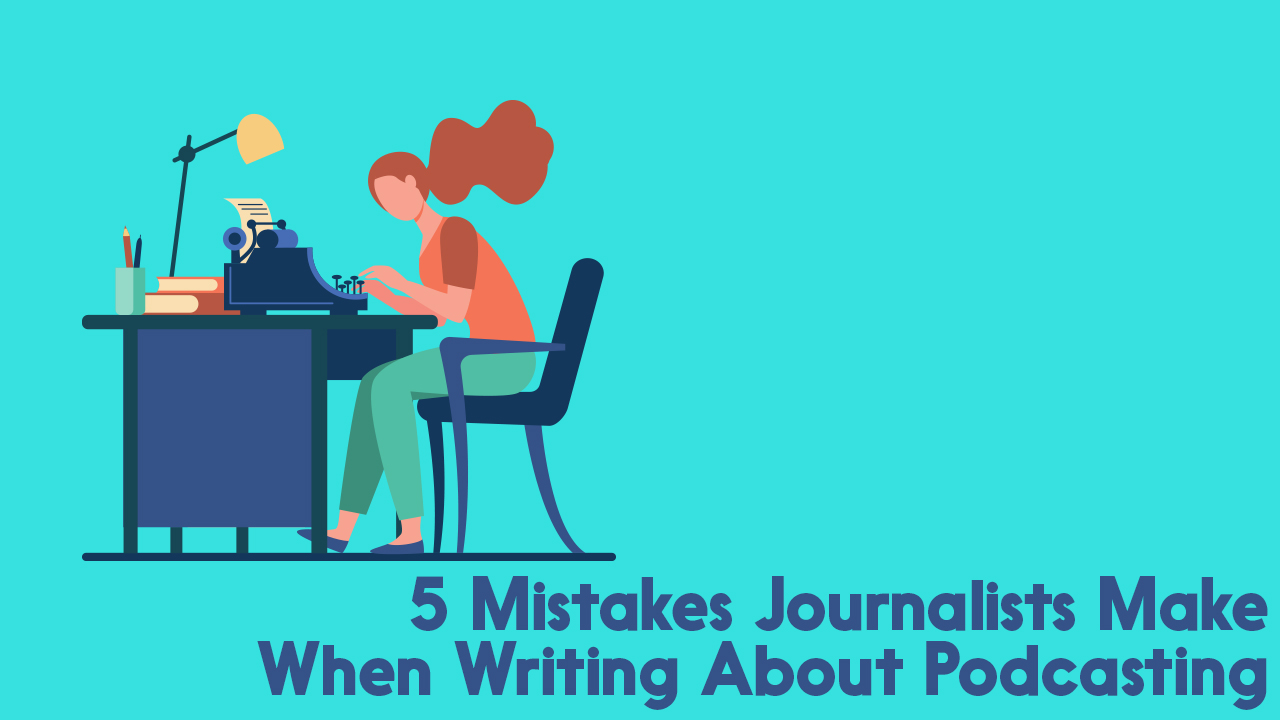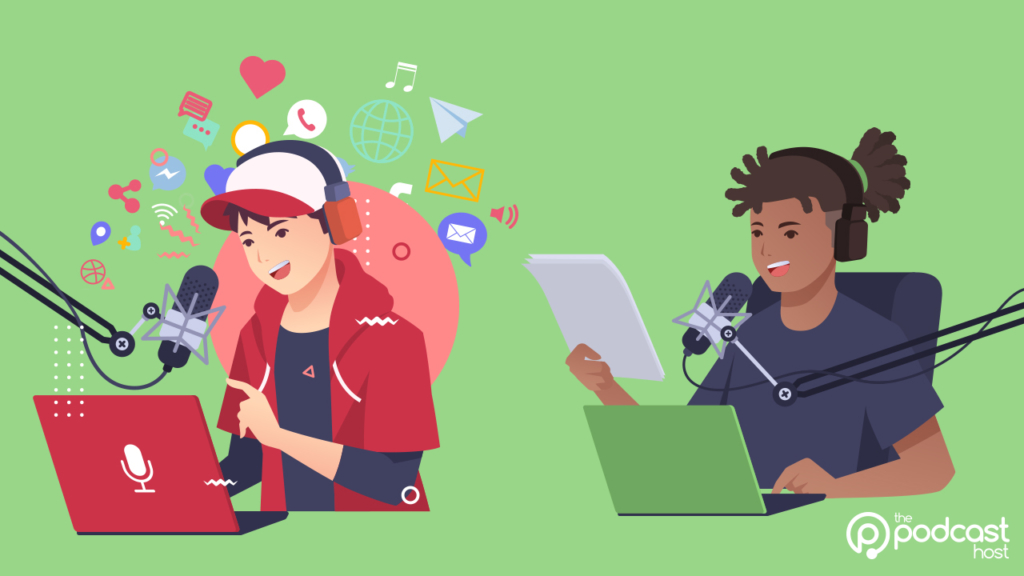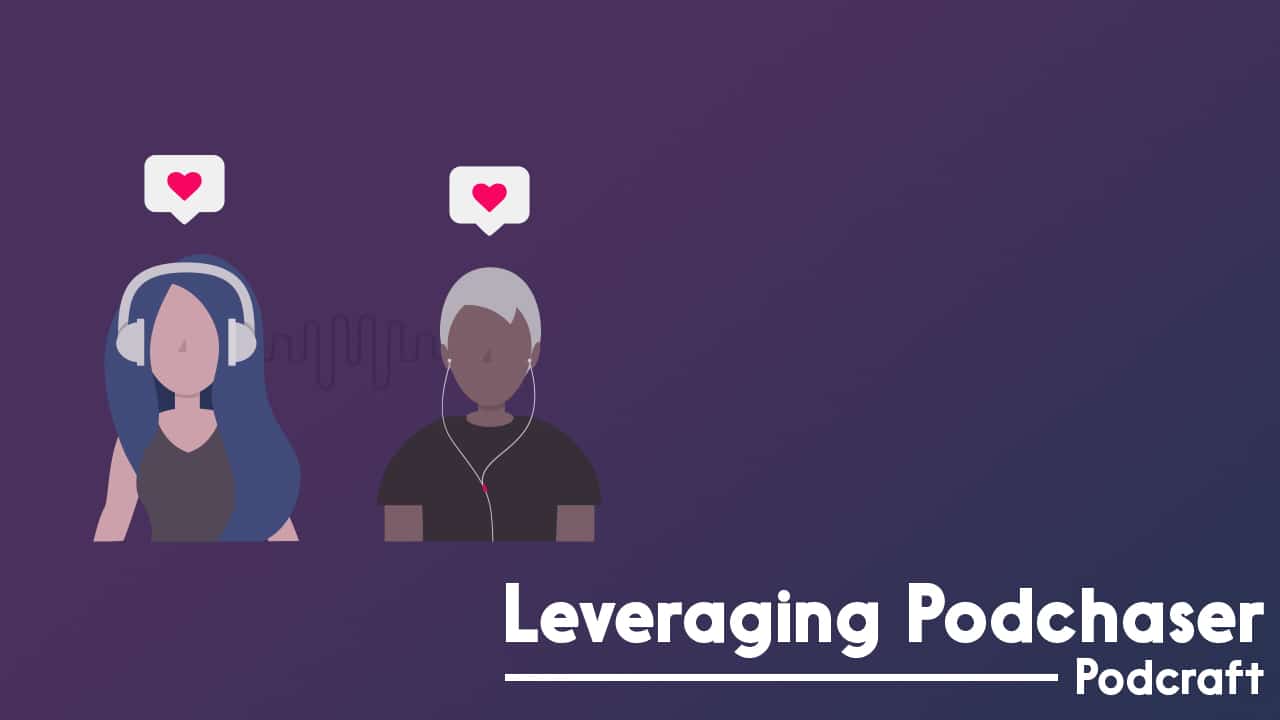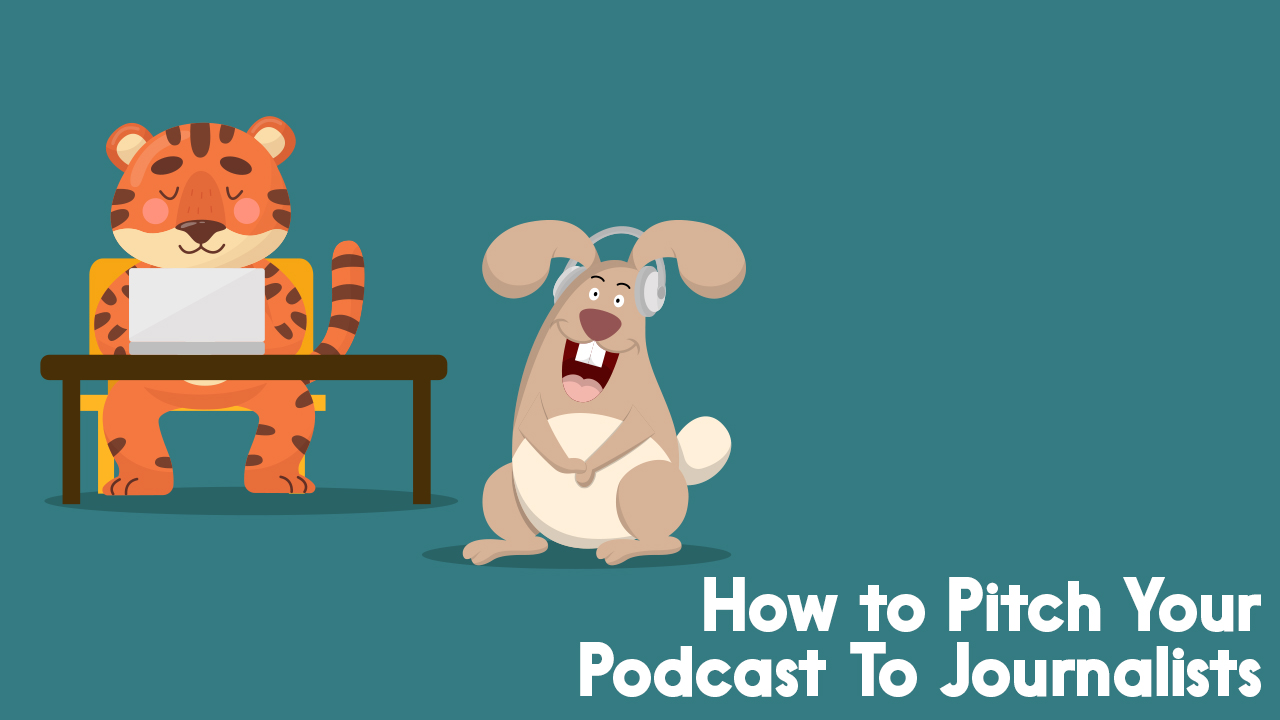5 Mistakes Journalists Make in Writing About Podcasts

As podcasting continues to grow, more print and traditional journalism devote coverage to this new form of media. Despite the fact that major news outlets such as the New York Times and other publishers produce podcasts, articles about podcasting often miss crucial data. If traditional journalists want to write about podcasts in a way that’s meaningful, valuable, and shareable by people who make and consume podcasts, there are some traps to avoid. Here are some of the most common mistakes journalists make when they write about podcasts.
Roundups From The Top of the Charts.
“Best of” articles get shared often, especially by whichever podcasters are mentioned in the article. This is great because it means free PR for the writer and the publication. A quick way is to take the Apple Podcasts or Spotify charts and find the top ten or five podcasts. Paraphrase the show descriptions, and format them into a list. Voilá! You’ve made shareable content, in the time it takes to drink a cup of coffee.
Charts don’t always demonstrate real-world value, though. Most of us would agree that “Uptown Funk” is memorable and fun, but, it’s far from the only memorable, fun song released in 2015. It’s an easy mistake journalists make when writing about podcasts to assume that a handful are the only ones worth writing about.
If you’re new to podcasts, and want to write a link roundup, stop thinking about chart rankings. Instead, start thinking about what podcasts do well. Podchaser has curated lists based on genre, intended audience, mood, and more. Their Popular Feed is made up of individual episode descriptions. Some of them have to hook you. Or, you can browse by category. If you like one or two podcasts, most podcast listening apps and directories will suggest similar shows. What’s the conversation these podcasts are trying to have with their audience? How do they go about bringing it to life? What’s similar, different, and interesting?
You’re better off writing an in-depth article about one quality podcast, introducing people to something new for them, than ten light sketches of podcasts that many people already know. It’ll be shared more, and have a better impact.
Funding As a Metric of Value.
Media companies are investing in podcasts, and Hollywood uses podcasts as a proving ground for IP. It’s fun to get excited about podcasts with recognizable celebrities in them. But, like the Ford Pinto, just because a product came from a big, profitable company, doesn’t necessarily mean it’s a great product. When journalists focus on the podcast-to-tv pipeline, they prioritize stories with visual media in mind. They forget about shows that make innovative use of audio. That’s how podcasting builds intimacy and trust.
A common mistake journalists make when writing about podcasts is to make dismissive statements about independently funded shows. Writers make statements like, “here’s a great podcast, too bad so many of them aren’t to my taste.” I’m not repeating them here, because some fires don’t need more fuel. Independent podcasts run on community and loyalty. This is a sure-fire way to get people to talk about your article on Twitter. But, it’s doubtful any journalist would want those negative conversations to focus on them.
You know what’s beautiful about podcasts? Budget and quality have nothing to do with each other. Sound technology has changed a lot over the past ten to fifteen years. If Ira Glass can record This American Life in his closet during a pandemic, then what’s sloppy about anyone else recording among shirts and suspenders?
Smart podcasters know how to get professional sound on tight budgets. When you hear a good podcast, you can’t tell how much money went into it.

Listening vs. Really Listening
Another cause of podcasts’ popularity is that people can consume them while doing something else. Commuting, exercising, washing dishes, and so on all go better with podcasts. Nothing wrong with that. This continuous partial attention syndrome has carried me through many basement clean-outs. But, that doesn’t mean that a podcast is a side dish to an entree for your brain. When journalists listen to podcasts in order to write about them, full attention is a reasonable expectation. You’d pay full attention to the latest Avengers movie or Oprah Winfrey interview, if you planned to write about it for publication. Why should a podcast receive any less?
“Yeah, but most podcasts are just people talking,” you might say. Really? Was Oprah’s interview with the Duchess of Sussex just a couple of people talking? Or, was it two fabulously wealthy, attractive, well-groomed and dressed women, sitting in a beautiful garden, on a perfect early spring afternoon? What they said was striking. But, it wouldn’t have had the same effect, without the environment, the camera, and the sound engineering. If you don’t believe this, then take another look at the Nixon-Kennedy debate.
When you listen to a podcast, music, sound effects, and the audio mix all work together to enhance the podcast’s topic. If a podcast doesn’t make use of your full attention, why bother writing about it?
“Content Arms Race” vs. Conversation
Podcast networks attract investors, and occasionally fuel tech stock prices. The popularity of one podcast over another is what the New York Times described as a “content arms race.”
Podcasts don’t work that way, though. Because of the intimacy and trust the listening experience builds, podcast audiences are more like small communities than competing armies. When journalists focus on companies’ plans for domination in the global podcast market, they forget about the influence of individual podcasts. If journalists frame podcasting as a competition, where some are winners and some are losers, they show how out of touch they are with podcasting’s possibilities.
True, you might get press releases from Audible, QCode, or Crooked Media about their latest offering. Maybe your boss tells you that you have to write about it. Nothing wrong with that. But, good journalists know there are more stories out there. The independent podcast scene has tons to offer in terms of innovation, challenge, and impact.
Podcasters engage in a conversation with their audience, mostly via audio, but also through social media. They can influence them to buy products, change their schedules, and improve their habits. Podcasts are doing amazing things. For example, Brains On partnered with the Science Museum of Minnesota. to perform a study about why kids listen and how science podcasts affect their lives. Podcasts equalize education and levels the playing field for sharing information.
You could be writing for a national news magazine or a blog with a handful of readers. What matters is the positive change that podcasts can have for people over time.

Niche vs. Normalized
A big mistake that journalists make in writing about podcasts is the attitude that podcasts are rare, or it’s surprising for people to make, want and consume them. Nothing could be further from the truth.
According to the latest Infinite Dial survey from Edison One and Triton Digital, in 2020, 37% of Americans (age 12+) listen to at least one podcast each month, up from 32% in 2019… In 2020, an estimated 100 million people listened to a podcast each month and it’s expected to reach 125 million in 2022.
Brad Adgate, Forbes
People use photos of Orson Welles performing War of The Worlds over and over again, especially near Halloween. However, he was far from the only major Hollywood star to perform in audio drama. Serial made a splash as an utterly unique work of investigative journalism. But, radio coverage of the search for The Lindbergh Baby riveted the population. Myths and legends repeated by a roaring fire evolve into novels, movies, television, and podcasts.
All humans want a story. Story provides context and helps humans make sense out of their lives. What matters is how a podcast presents its story, the audience’s needs, and how the podcast fulfils them. Journalists need to remember that a podcast made in Peoria can be a hit in Paris. So can their article. The more journalists investigate different kinds of podcasts, of all budgets, formats, and for all audiences, the more we elevate our greater cultural conversation.
The average person at home can make a podcast with the same kind of quality, frequency of episodes, and topical immediacy as anything made by NPR or The BBC. What matters is planning, preparation, and connection with the audience. In Podcraft Academy, we have courses, downloadable tools, videos, and more to help you make a podcast that shines. Plus, our all in one podcasting tool, Alitu, can save you time and hassle to publish your podcast.


